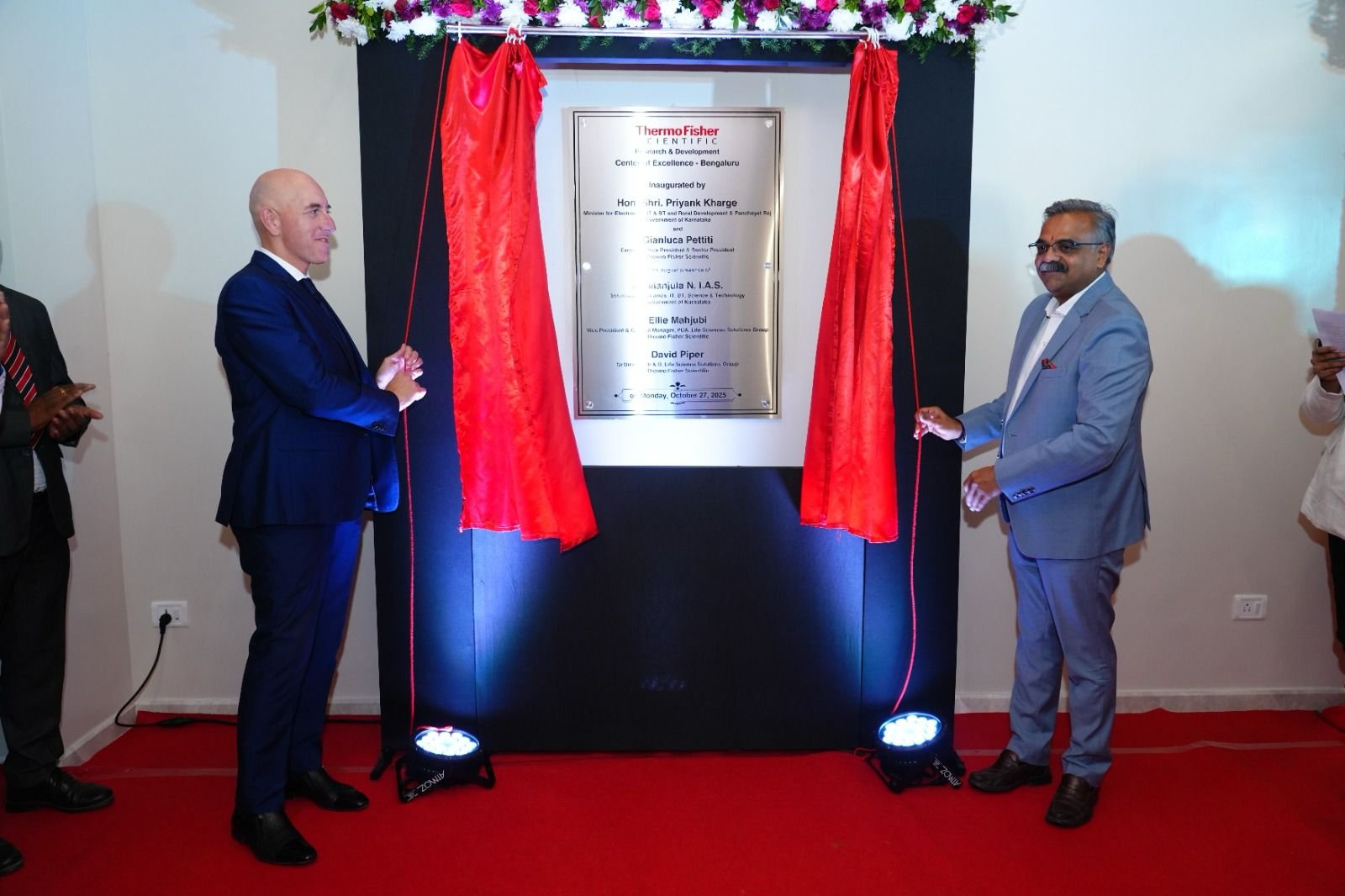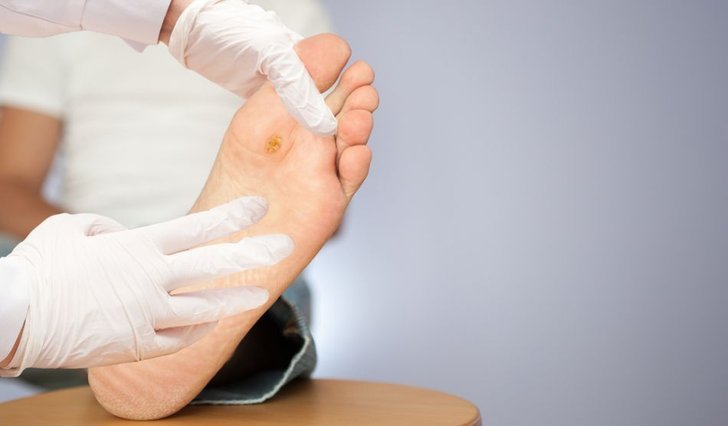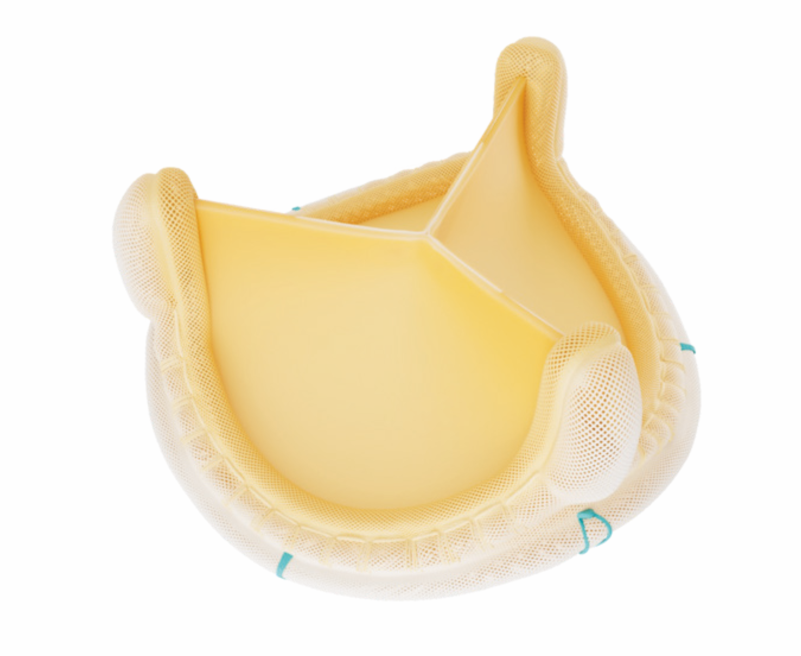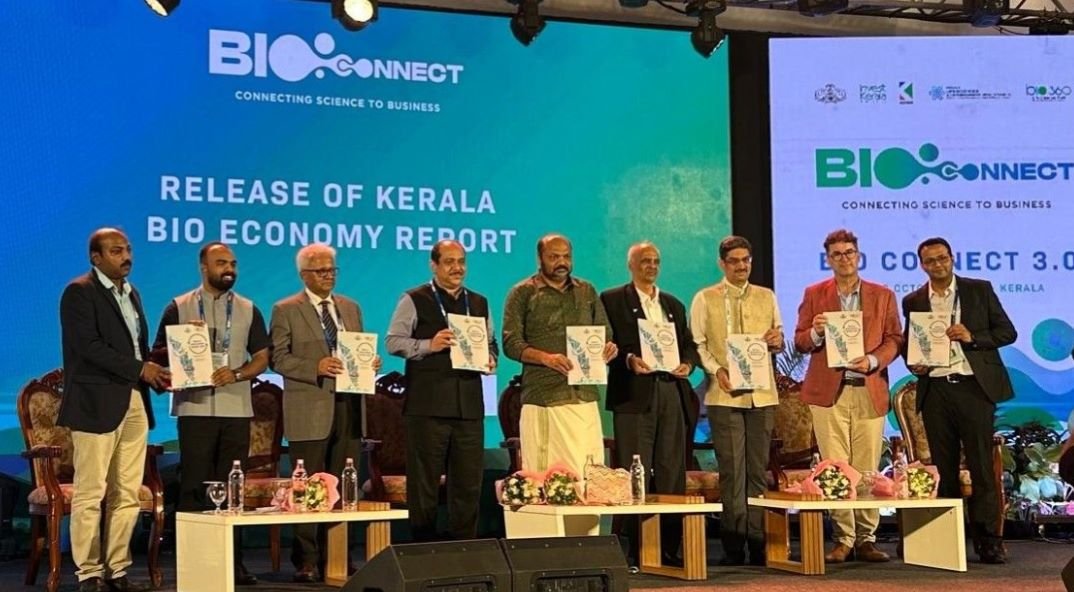Who is the MHRA?
June 03, 2013 | Monday | Views | By BioSpectrum Bureau
The Medicines and Healthcare Products Regulatory Agency (MHRA) is the National Competent Authority for the United Kingdom. It is responsible for the authorisation and safety monitoring of medicines and devices on the UK market. It is also a competent authority for clinical trials conducted in the UK. As the UK is a member of the European Union, the Agency is actively involved in European Licensing procedures through the European Medicines Agency. While the MHRA's primary responsibility is to protect public health by overseeing the safety, quality and efficacy of all medicines and devices on the UK market, its contribution to European procedures through the Centralised, Decentralised and Mutual Recognition routes is well recognised. The robust assessment of scientific data submitted with the applications and its scientific expertise, both in-house and external, is highly regarded in the European Union and internationally.
The Commission on Human Medicines (CHM) provides an external, impartial review of MHRA proposals. The conclusions of MHRA assessment teams, for most applications, are also reviewed by the Commission. The CHM and other scientific committees have the highest level of external scientific expertise. This ensures that the Agency takes into account the opinion of leading scientists in their field in the United Kingdom while considering biological products as well non-biological products.
The MHRA proactively engages with industry by holding conferences, providing important information through its website and consultation on significant issues that impact stakeholders. These include development of guidelines, both national and European. In addition, it provides scientific and regulatory advice to companies through its scientific advice meetings and general guidance through the Regulatory Information Service (RIS). Around 250 scientific advice meetings are held each year with pharmaceutical and biotechnology companies from around the world to provide advice concerning their quality, preclinical and clinical development programmes.
Some changes that have either occurred recently or will come into force in the near future will greatly increase the size, scientific expertise and effectiveness of the MHRA. These include the merger of the National Institute for Biological Standards and Control (NIBSC) with the MHRA, an enhanced Clinical Practice Research Database (CPRD) and pharmacovigilance legislation. The change to Clinical Trials Regulations and Medical Devices Regulations are under negotiation at present. They are expected to come into force from 2016 and 2017 respectively. The Falsified Medicines Directive has also been implemented from early this year.
NIBSC has statutory responsibility for biological medicines on the UK market. It is responsible for the preparation and distribution of international standards for biologicals, working in collaboration with the WHO. NIBSC also collaborates with the European Commission and other international organisations as regards testing of biological substances, establishment of standards and standard preparations. NIBSC has particular expertise in bio-analytical technology and has a global reputation for excellence and integrity. It produces >90% of International Standards for biological medicines (WHO International Laboratory for Standards) and hosts the UK stem cell bank.
The NIBSC has scientists world-renowned in their field. The forthcoming merger of NIBSC with MHRA in April 2013 will greatly enhance the breadth of expertise in the biological and regulatory areas, not only for application related issues but also for scientific advice as regards the quality and manufacturing of biological products.
According to European Law, marketing authorisations for all recombinant or biotechnology products must be applied for through the European Centralised procedure. Evaluation of all recombinant biotechnology products is delegated by the European Medicines Agency to the National Competent Authorities best equipped with relevant expertise. The MHRA, with in-house specialists, is a leading Member State in this field. With the forthcoming merger with NIBSC, this capability will greatly increase. Until now, experts from NIBSC, an external organisation, provided input to MHRA as regards quality of the product as and when needed. Experts from NIBSC were also members of the Biologicals and Vaccines Expert Advisory Group of the CHM and were frequently invited to meetings of the CHM.
There has been a dramatic increase in biological products coming to the UK and EU regulatory agencies, particularly blood products, vaccines, monoclonal antibodies, cytokines and growth factors and receptor antagonists. It is anticipated that in future, gene therapy and cell based medicines will increase. The rapidly expanding manufacturing base of biological products and diverse sourcing of raw materials adds to the complexity of the review process. For MHRA/NIBSC, this means ensuring the continued supply of effective and safe biological products. NIBSC's help can be vital in the development of new biological medicines and vaccines as it is the world leader in international standardisation and control of biologicals and is responsible for developing and supplying more than 95% of global measurement standards.
After MHRA formally merges with NIBSC in April 2013, it will be possible for companies to request a single scientific meeting with MHRA and NIBSC (which will be part of the MHRA) to discuss not only clinical and regulatory issues but also quality issues related to manufacturing of biological products. Until now, NIBSC experts also sat on various expert advisory groups as external experts for the MHRA. Their expertise will be available in-house after the merger.
The MHRA and the National Institute for Health Research (NIHR) have created the Clinical Practice Research Datalink (CPRD), which is now available to research workers. This is a unique database providing anonymised clinical data of actual patients followed up for many years to enable observational research. It is considered the gold standard and extremely helpful in clinical reviews. Availability of new software in the future will improve efficiency in undertaking clinical trials.
A number of Indian companies are involved in the vaccine area, biosimilar products and stem cell research. They would benefit enormously from the newly merged organisation, not only for the development and quality advice for manufacturing but also for regulatory requirements to get their products authorised in the UK/European Union. The MHRA's expertise will be helpful at every stage of development, evaluation and marketing authorisation. Companies would benefit most by making contact with the MHRA at an early stage of development and prior to the start of phase III clinical studies. This would hopefully avoid wastage of time and resources and improve the likelihood that studies will be acceptable to regulators.
The new Pharmacovigilance Directive & Regulation that came into force strengthens post-marketing surveillance of medicines in the European Union. A new scientific committee has been established at the European Medicines Agency which ensures better safety data, transparency and communication. A clear task is defined for all parties (Marketing Authorisation Holders, National Competent Authorities and the European Medicines Agency).








